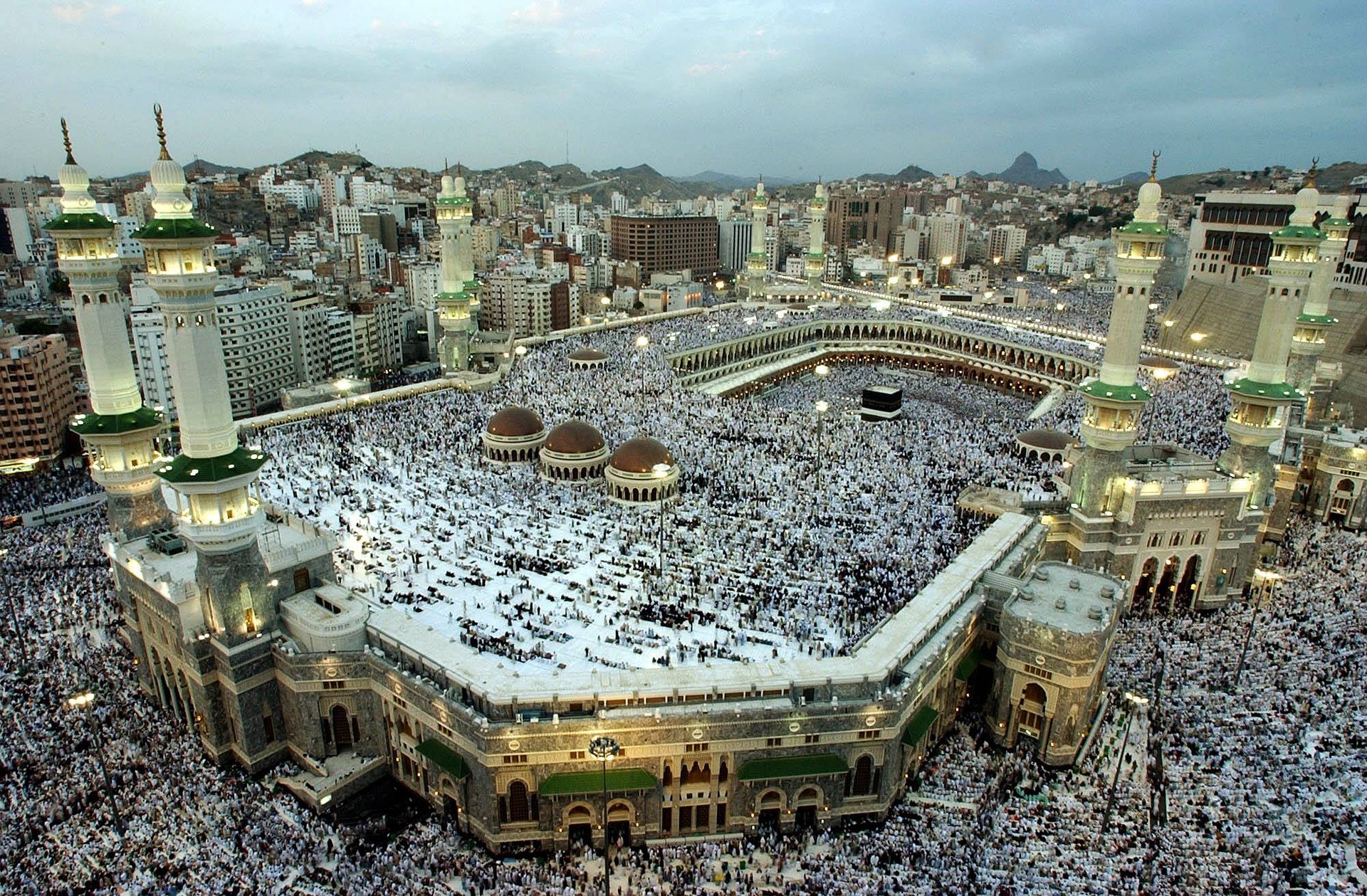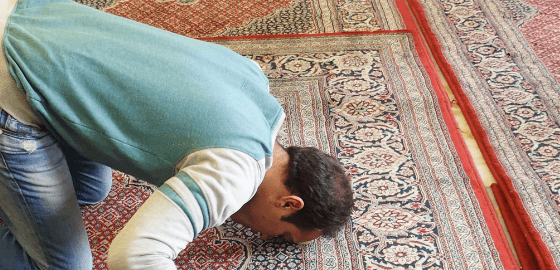Sūrah an-Naṣr was revealed during the late Madinan phase by consensus. Scholars differ regarding the exact time it was revealed, but they agree that it was after the conquest of Makkah. The opening verse of Sūrah an-Naṣr mentions a conquest, and scholars agree that this is the conquest of Makkah. This was most likely the final short Sūrah to be revealed.
The theme of this Sūrah is the aftermath of the conquest of Makkah. There are essentially three main points to extract from this Sūrah. The first is the worldly results of the conquest. The second is the end of the prophet’s (peace be upon him) life on earth. The third is how to handle conquests and victories in a way that is pleasing to Allah.
The Conquest of Makkah
The conquest of Makkah is a truly miraculous event, and one of the proofs of prophethood. In just over two decades of preaching and war, the Prophet (peace be upon him) had conquered Makkah and removed idolatry from Arabia. He had accomplished in two decades a feat that most people would be unable to accomplish in several lifetimes. The fact that Allah assists him in his mission is one of the clearest proofs that Islam is the true religion.
The Arabs at that time also recognized this, including the leaders of Makkah. They all eventually converted to Islam, and after them, Islam spread across the world faster than any other religion in history. Within the Prophet’s lifetime, Arabia had become the land of Islam. In the time of the companions, it spread throughout Persia, Egypt, and Syria. Within a century, it reached the shores of Spain and India. Today, a quarter of the world is Muslim, and the religion continues to spread, despite the political weakness of the Muslims.
The first two verses of Sūrah an-Naṣr draws our attention to this phenomenon. When conquest and victory came to the Muslims, it was followed by thousands of people converting to Islam. Over time, these thousands became millions. Today, almost two billion people claim to be Muslim. The conquest of Makkah was a turning point in our history that marked both the rapid spread of Islam and the end of the Prophet’s (peace be upon him) mission on earth.
Mission Accomplished
When Sūrah an-Naṣr was revealed, some of the companions understood that it marked the end of the Prophet’s (peace be upon him) life on earth. They understood from this revelation that the Prophet (peace be upon him) had completed his mission, and would be leaving this earth soon. They were correct, as he passed away a few months or years after it was revealed.
This raises a question though in the mind of some readers; why was the Prophet (peace be upon him) so soon after conquering Makkah? Why wasn’t he given time to see the fruit of his efforts as Islam spread through Syria, Egypt, Persia, and other lands? The answer is multilayered. The first answer is that the Prophets (peace be upon them) are given a choice when they want to leave this earth, and the Prophet (peace be upon him) agreed to return to His Creator at that point in time.
Another reason may be that the Prophet’s (peace be upon him) mission was not to spread Islam throughout the world but to establish a community that would do so. With the conquest of Arabia, the Prophet (peace be upon him) had established the most pious and productive community in the world. He left this world knowing that the preservation and spread of his religion were in good hands.
A third possible reason may be to prevent doubt from entering people’s minds regarding the nature of his mission. The prophet (peace be upon him) was sent to call people to Islam. Once his mission was accomplished, he passed away. He did not stay on to enjoy the fruits of his efforts and indulge in the luxuries that the nation would soon inherit. By moving on so soon after fulfilling his mission, the integrity of his mission was preserved, and his enemies could not accuse him of faking prophethood for the sake of worldly conquest and power. Allah knows best.
Praise Allah and seek Forgiveness
The final verse of Sūrah an-Naṣr is very deep. In this verse, Allah commands the Prophet (peace be upon him) to glorify Allah and seek forgiveness. There are many layers of meaning in this powerful verse. The first meaning is that we should attribute all victory to Allah. Whenever we succeed at anything, we must praise Allah and seek forgiveness for our shortcomings. In this way, we remain humble and focused on the obedience of Allah.
A second meaning, which some of the companions understood, was the end of the Prophet’s (peace be upon him) life. They realized that Allah is asking him to increase in his remembrance and seeking forgiveness because death was near. This shows the deep intelligence that Allah had gifted the scholars among the companions with. It also teaches us a very important lesson; when we suspect that death is near, we too must increase in our worship of Allah and seeking forgiveness for our mistakes.
A third angle answers a very important question; why was the Prophet (peace be upon him) asked to seek forgiveness, even though he is sinless and guaranteed Paradise. A possible answer to this is so that he remains our perfect role model in these situations. If the Prophet (peace be upon him) is asked to seek forgiveness during times of victory, what about us sinners? It becomes even more important for us to follow in his footsteps and to do so too.
This Sūrah demonstrates the remarkable difference between Islam and other ways of life. When people conquer lands in the name of liberalism, democracy, or false religions, it is often followed by pretentious shows of power, vainglorious boasting, and indulgence in major sins. All of these are considered standard ways of celebrating victory. The believer, however, celebrates victory by thanking Allah, worshipping Allah, ascribing success to Allah, and seeking forgiveness from Allah. While victory boosts the ego of the tyrant, it humbles the soul of the true believer. This shows the stark difference between the priorities of Islam and man-made ideologies.





